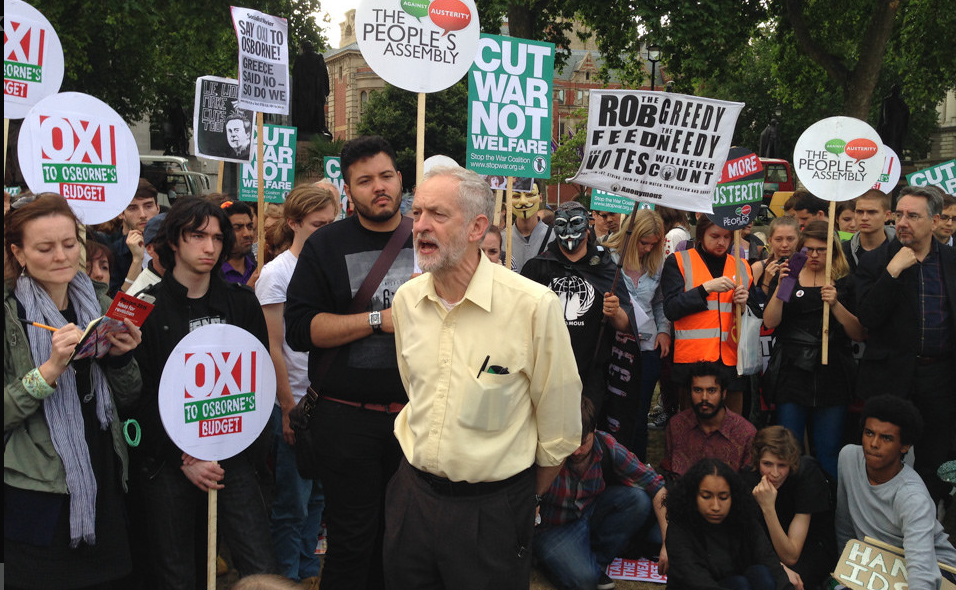 On 20 January 2009, in front of a worldwide audience of billions, Barack Obama was sworn in as the 44th president of the United States of America. Globally, there was an overwhelming sense of hope that now, after 8 years of George W. Bush, change was on the way.
On 20 January 2009, in front of a worldwide audience of billions, Barack Obama was sworn in as the 44th president of the United States of America. Globally, there was an overwhelming sense of hope that now, after 8 years of George W. Bush, change was on the way.
On September 21 2011, Obama addressed the UN with a speech that stressed the need for international peace. He spoke eloquently (as he always does) about how the driving force of change is the fundamental human aspiration for freedom.
On surface level it would be easy to assume that the Commander-in-Chief was still fighting for the kind of global reform we had all hoped for. But this was not the case.
Within that very same address, Obama was forced to acknowledge the issue on everybody’s mind – Palestinian statehood.
His words were disappointingly predictable: “I am convinced that there is no short cut to the end of a conflict that has endured for decades. Peace is hard work. Ultimately, it is the Israelis and the Palestinians – not us – who must reach agreement on the issues that divide them: on borders and on security, on refugees and Jerusalem.”
Funny, coming from the man who just moments before had spoken so passionately about the importance of freedom. It appears that what he meant to say was that the fundamental human right to freedom is only applicable if it doesn’t inconvenience the US.
Faced with possible conflict with Israel, Obama did what we have started to expect of him; remained passive, neutral and uninspiring. But Palestinian statehood is not the only issue on which Obama promised more than he could deliver.
In the run up to his election Obama was highly praised for promising to close the infamous Guantanamo Bay Prison in Cuba by 2009 after labelling it a “sad chapter in American history”.
The end of 2009 came and the prison remained open; Obama set a new date for late 2010. On January 22 2009, Obama signed the ‘Defence Authorisation Bill’ which made it extremely difficult for Guantanamo inmates to be moved to any other country or the US mainland.
This pretty much guaranteed the future of Guantanamo Bay. Finally, on March 7 2011, Obama signed an executive order that would open the way to legalise the already well known US practise of holding suspects without trial.
You see the point I’m making here. In two years Obama went from condemning a sickening affront to human rights, to overlooking it and then to legitimising it.
Perhaps I am being too hard on him. Maybe it is naïve to expect Obama to stand by his pledges so rigidly. Politics, after all, is about compromise and the global financial crisis may have forced him to delay certain aspects of policy in order to save the US economy.
Yet even on that issue many feel Obama is failing to deliver. The stock market is still showing no signs of jumping back to its pre-recession strength, unemployment remains at 9 percent and the deficit continues to grow.
The people are looking for a man of action and, for some, Obama’s famous level –headed calm is beginning to be seen in a new light: indecisiveness. It seems to me that Obama promised far more than he could deliver in the run-up to his election and his early days of office. The core problem being that he promised to “unite” the American people (the right and the left) and to “reform” US politics. These two goals are clearly contradictory.
It is impossible to make any substantial reform of the current system without alienating at least a section of the US people. But Obama must be brave enough to alienate a few in order to appease the majority.



